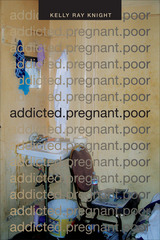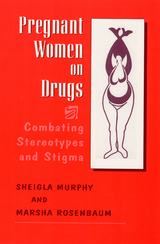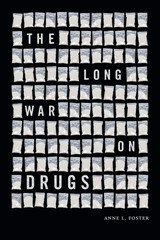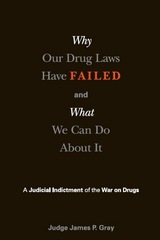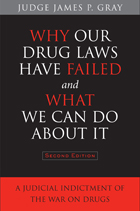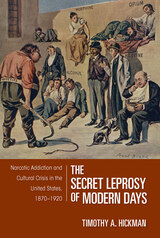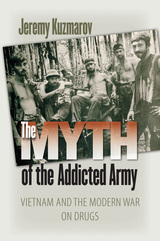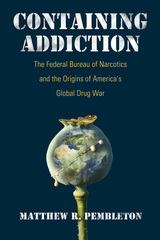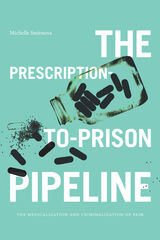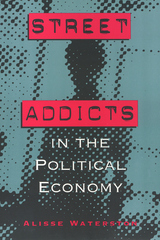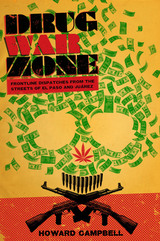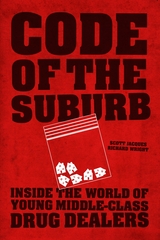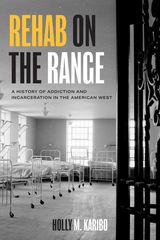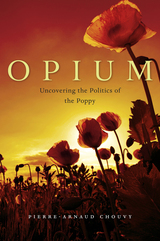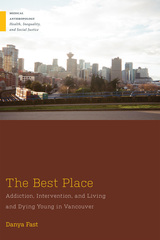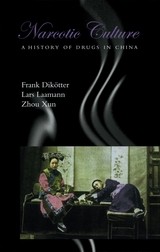The Prescription-to-Prison Pipeline: The Medicalization and Criminalization of Pain
Duke University Press, 2023
Paper: 978-1-4780-1969-5 | Cloth: 978-1-4780-1706-6 | eISBN: 978-1-4780-2433-0
Library of Congress Classification HV5825.S56 2023
See other books on: Discrimination in criminal justice administration | Discrimination in law enforcement | Drug abuse | Pain | Public Health
See other titles from Duke University Press
Paper: 978-1-4780-1969-5 | Cloth: 978-1-4780-1706-6 | eISBN: 978-1-4780-2433-0
Library of Congress Classification HV5825.S56 2023
ABOUT THIS BOOK | AUTHOR BIOGRAPHY | REVIEWS | TOC | REQUEST ACCESSIBLE FILE
ABOUT THIS BOOK
In The Prescription-to-Prison Pipeline Michelle Smirnova argues that the ongoing opioid drug epidemic is the result of an endless cycle in which suffering is medicalized and drug use is criminalized. Drawing on interviews with eighty incarcerated individuals in Missouri correctional institutions, Smirnova shows how contradictions in medical practices, social ideals, and legal policies disproportionately criminalize the poor for their social condition. This criminalization further exacerbates and perpetuates drug addiction and poverty. Tracing the processes by which social issues are constructed as biomedical ones that necessitate pharmacological intervention, Smirnova highlights how inequitable surveillance, policing, and punishment of marginalized populations intensify harms associated with both treatment and punishment, especially given that the distinctions between the two have become blurred. By focusing on the stories of people whose pain and pharmaceutical treatment led to incarceration, Smirnova challenges the binary of individual and social problems, effectively exploring how the conceptualization, diagnosis, and treatment of substance use may exacerbate outcomes such as relapse, recidivism, poverty, abuse, and death.
See other books on: Discrimination in criminal justice administration | Discrimination in law enforcement | Drug abuse | Pain | Public Health
See other titles from Duke University Press


